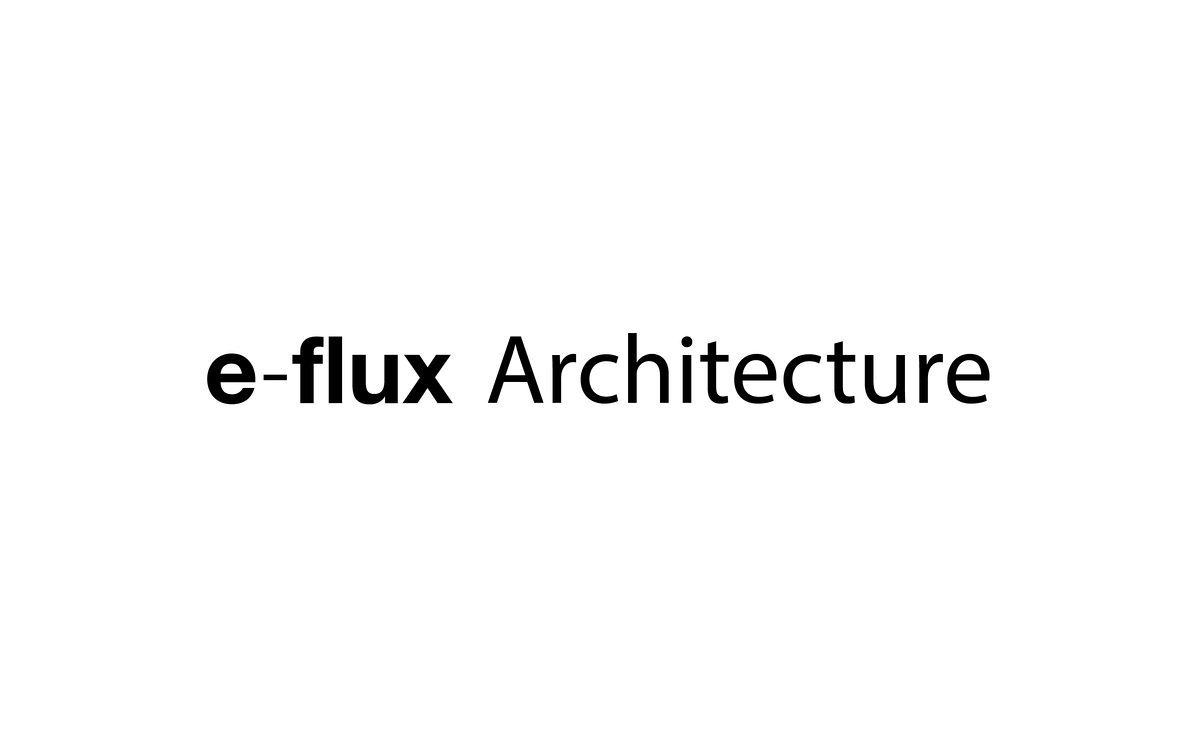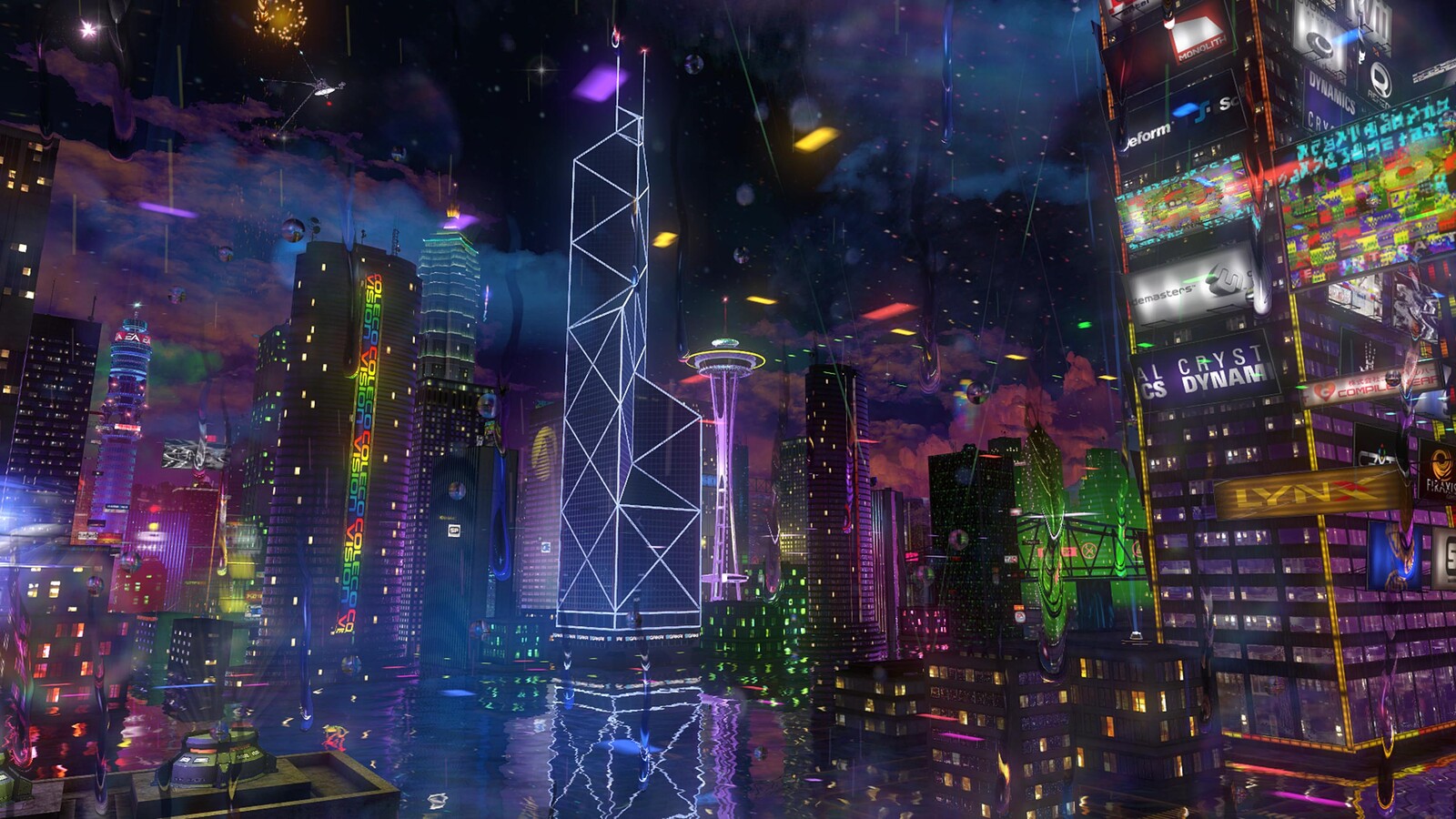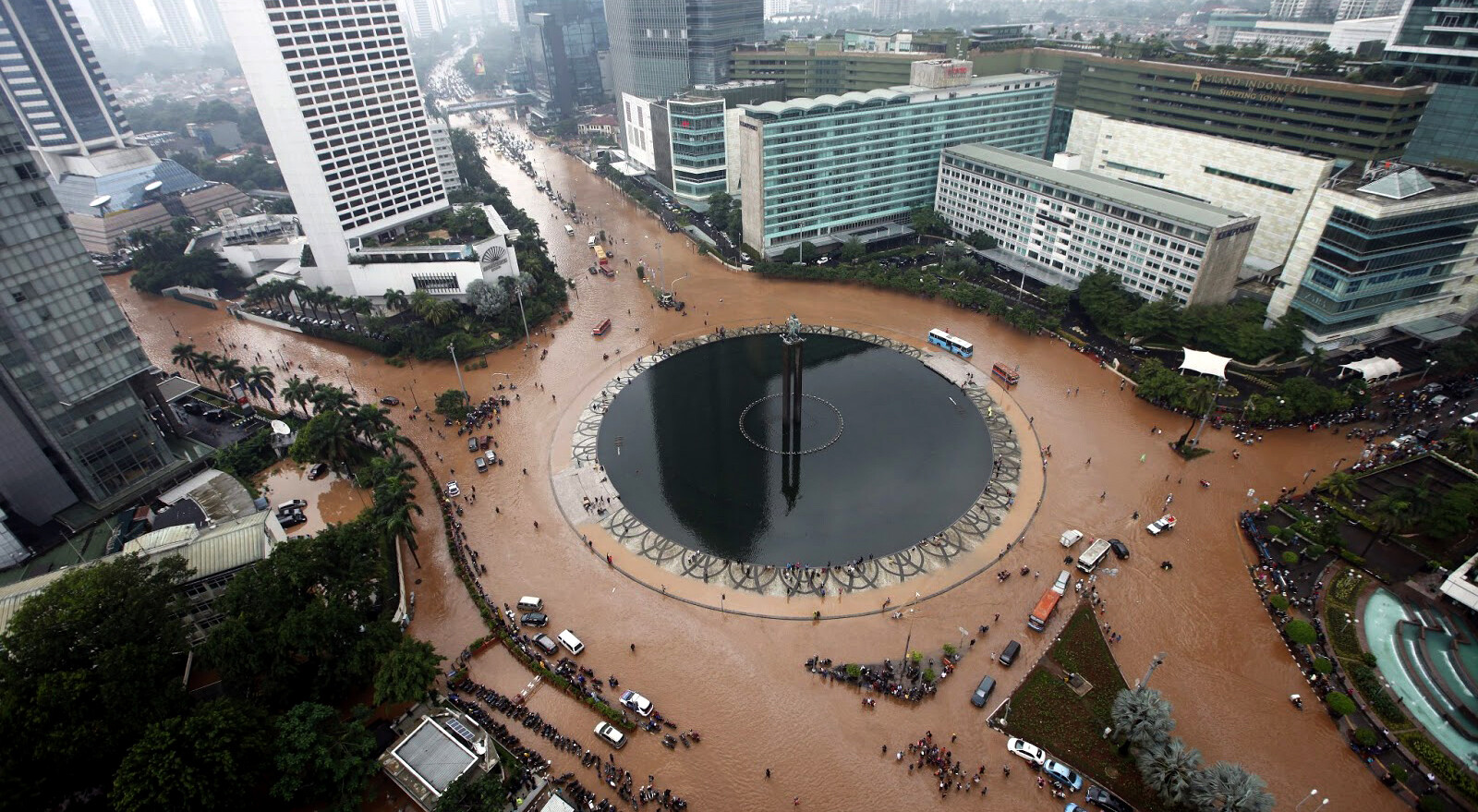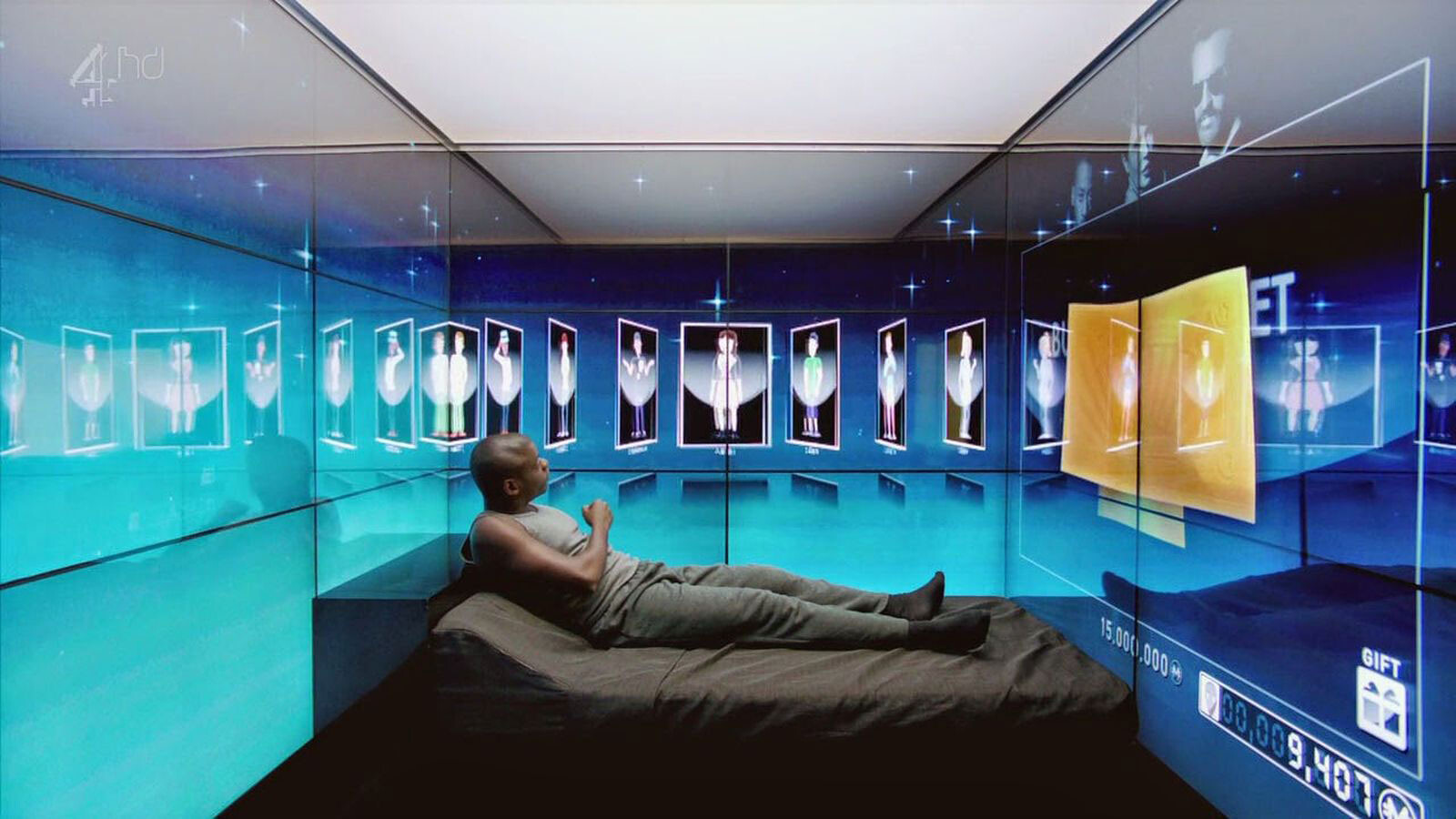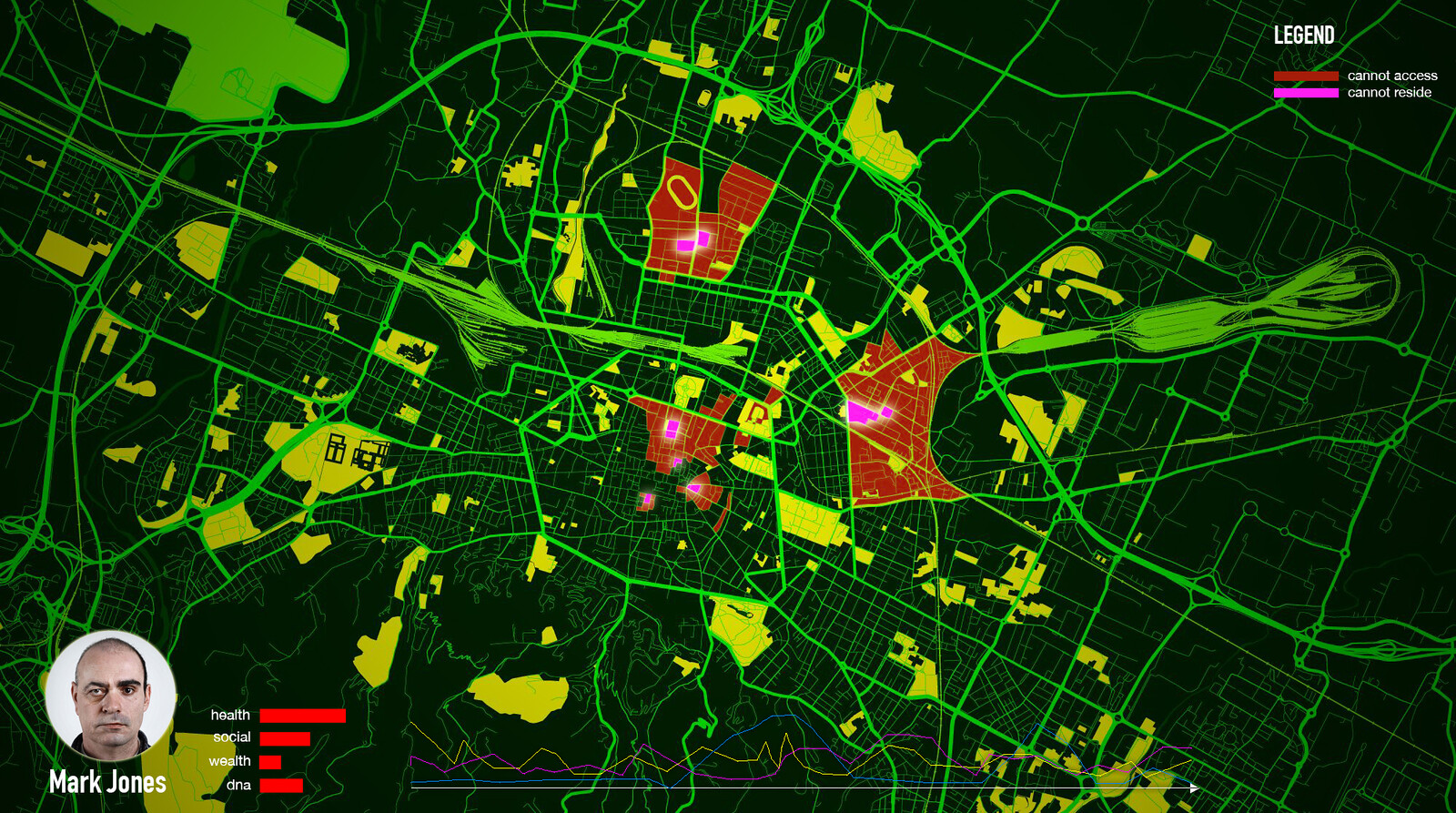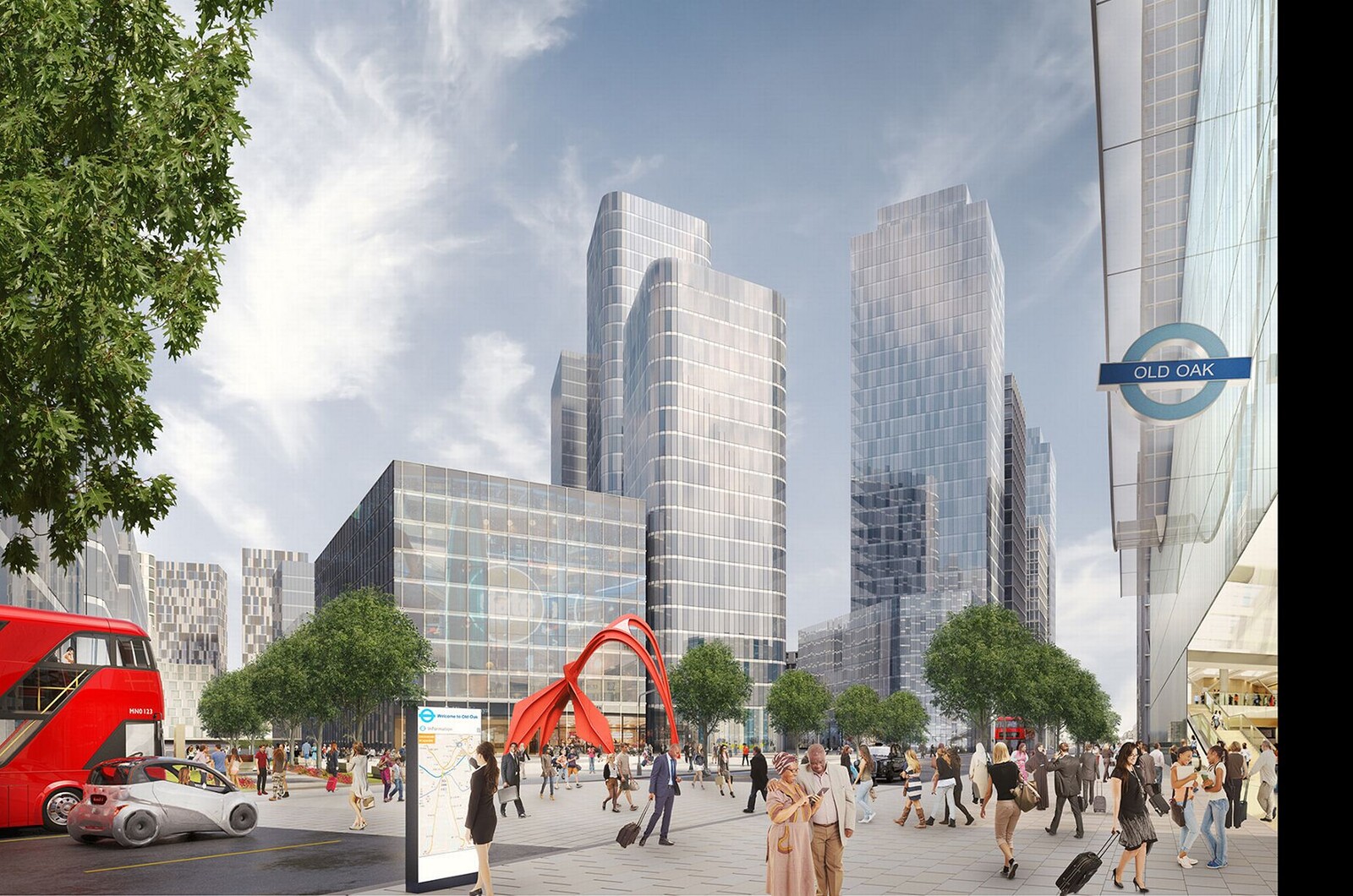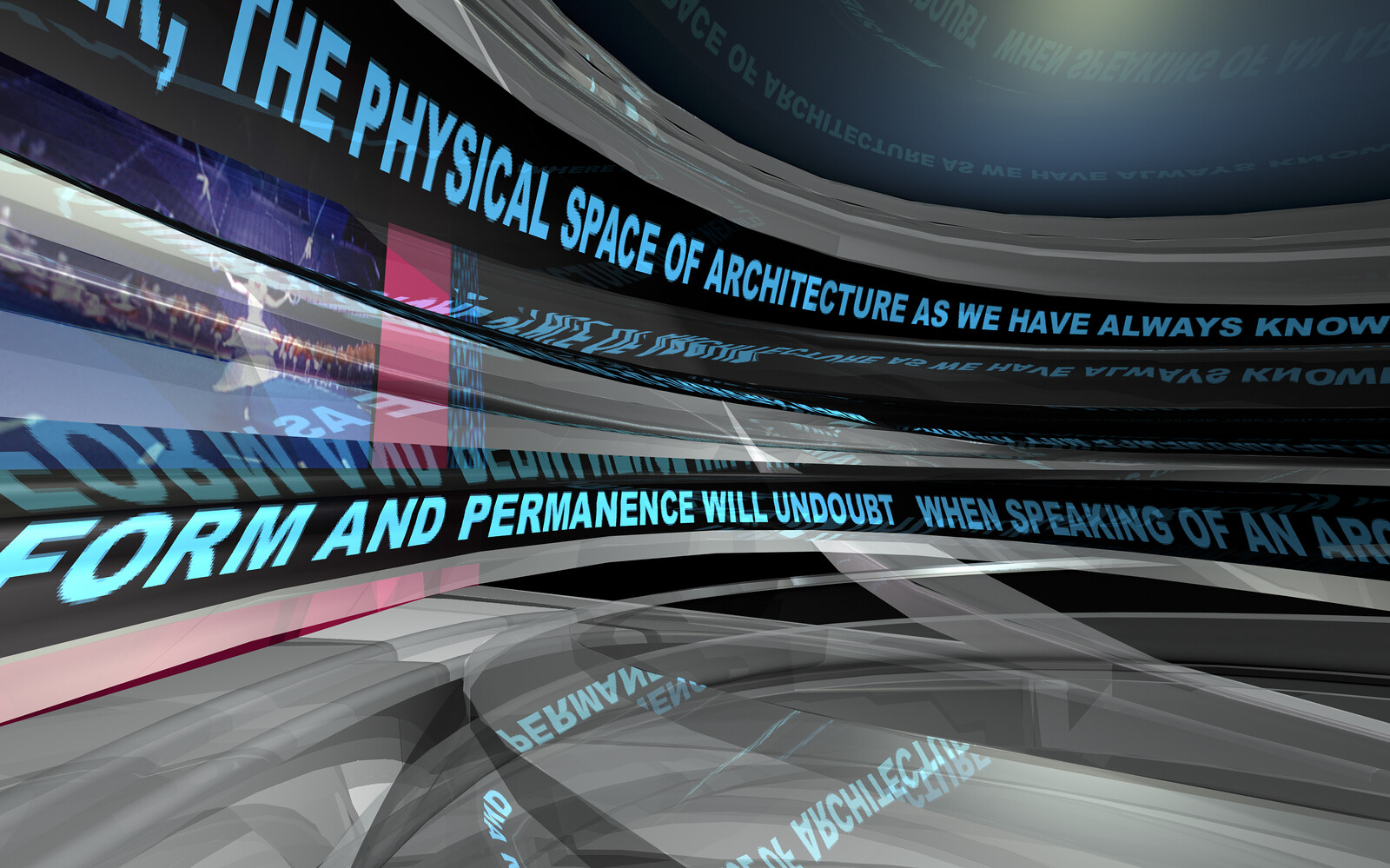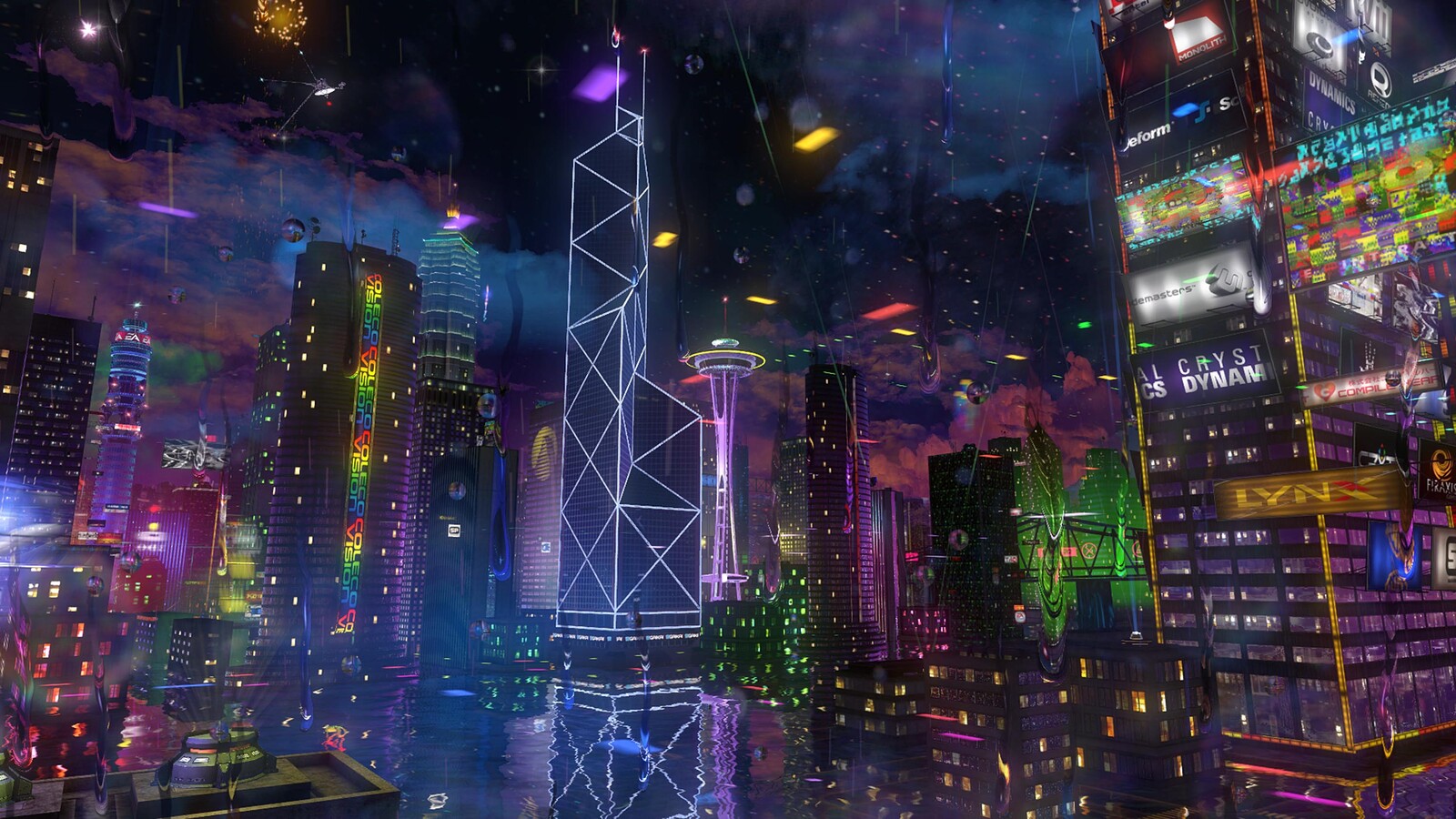The internet has, since its cultural inception, been conceived of as an emancipatory technology. If, according to Walter Benjamin, the invention of iron and glass predicated the nineteenth century paradigm of phantasmagoria through the “emancipation” of forms of construction from art—a historical trajectory that progressed onwards with the intervention of photography, montage, and the like—what, then, has the internet has emancipated from what? Conversely, the “accidents” of the internet—surveillance, fake news, the propagation of ideological evil, doxing, etc.—forces us to critically call into question the value of this emancipation; for who, and at what cost?
All over the world, cities have been, are, and will continue to be modernizing themselves with digital infrastructures, as much as they are able, willing, and feel the need to. Yet digital infrastructures have been, are, and will continue to be modernizing the city itself, as much as they can, on their terms. The temples of commodity that Benjamin identified in the Parisian arcades have long-since moved out of the city and onto the internet, leaving something like a void in the capital of cities that has been quick to be filled in and fought over by start-up ventures. Solutions are the commodity of today, and we know the ones we have to be insufficient in addressing the challenges we face. What is needed is a different way of seeing; a different language for questioning.
Post-Internet Cities is a collaborative project between e-flux Architecture and MAAT – Museum of Art, Architecture and Technology within the context of the Utopia/Dystopia exhibition and “Post-Internet Cities” conference, produced in association with Institute for Art History, Faculty of Social Sciences and Humanities – Universidade NOVA de Lisboa and Instituto Superior Técnico – Universidade de Lisboa, and supported by MIT Portugal Program and Millennium bcp Foundation.
